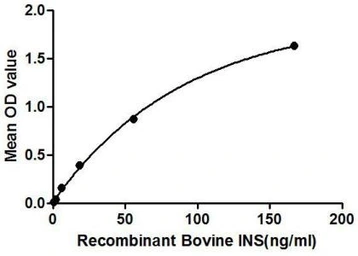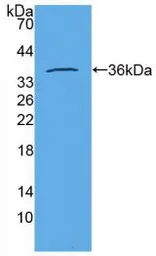Bovine Insulin protein, His and GST tag
Cat. No. GTX00075-pro
Cat. No. GTX00075-pro
-
ApplicationsFunctional Assay
-
SpeciesBovine


